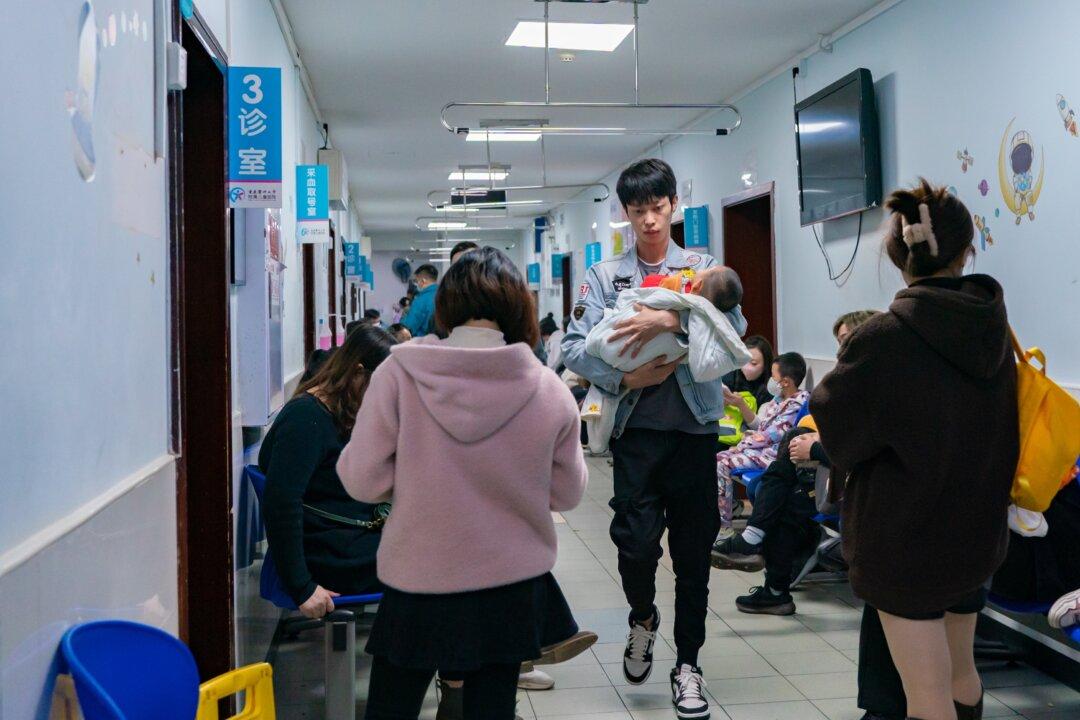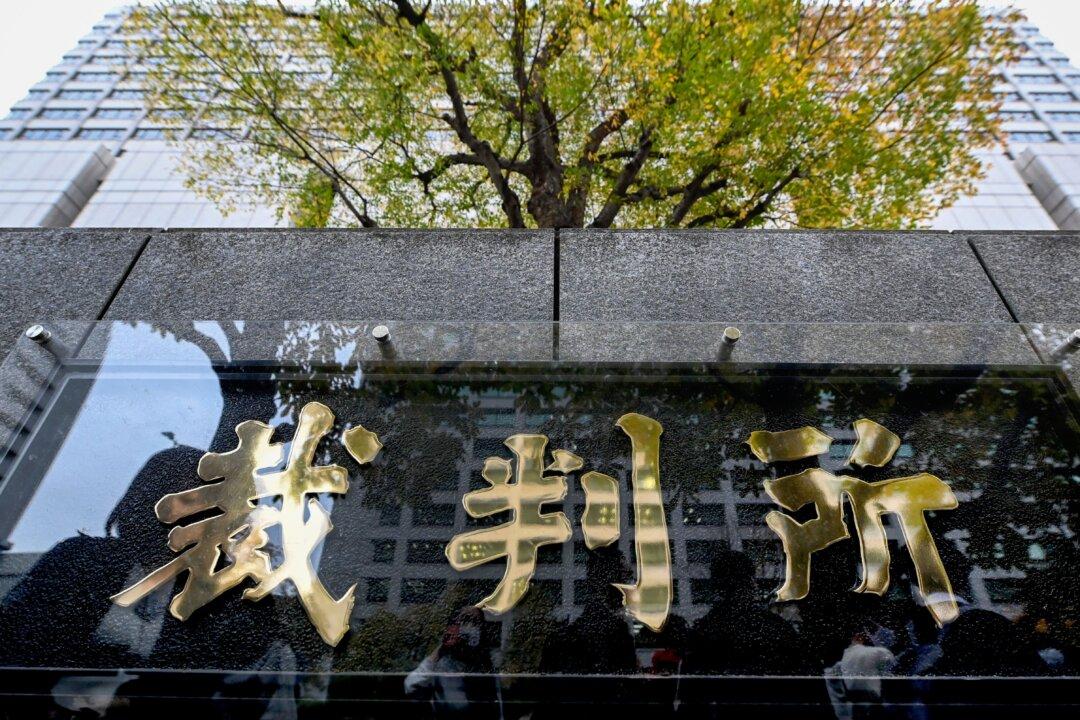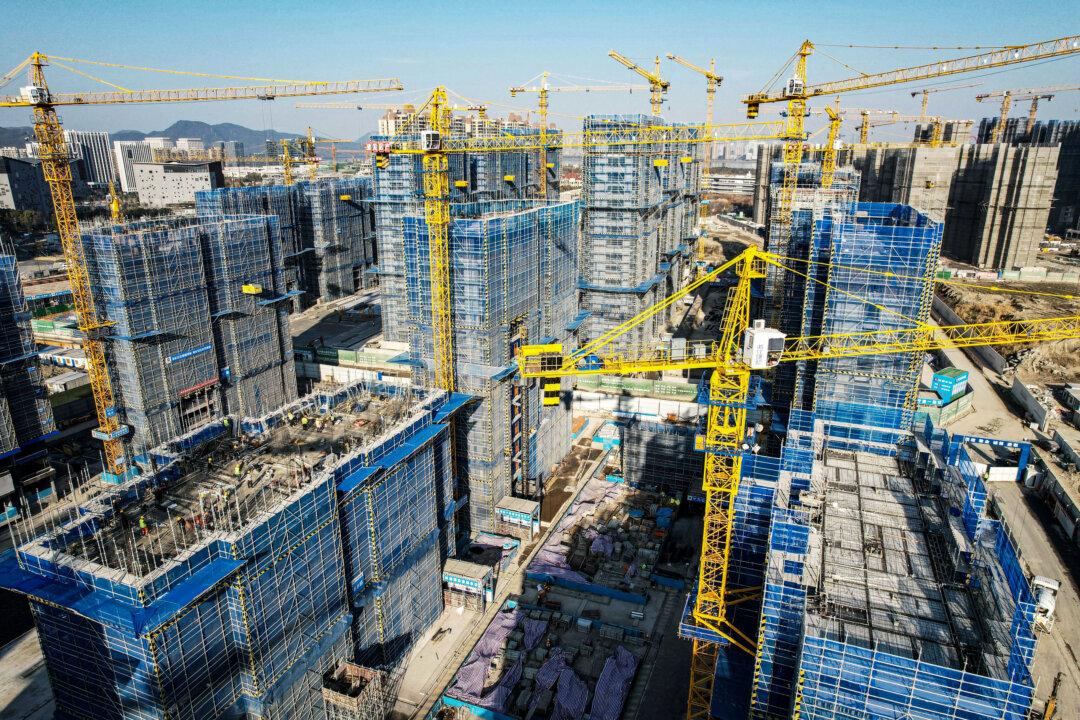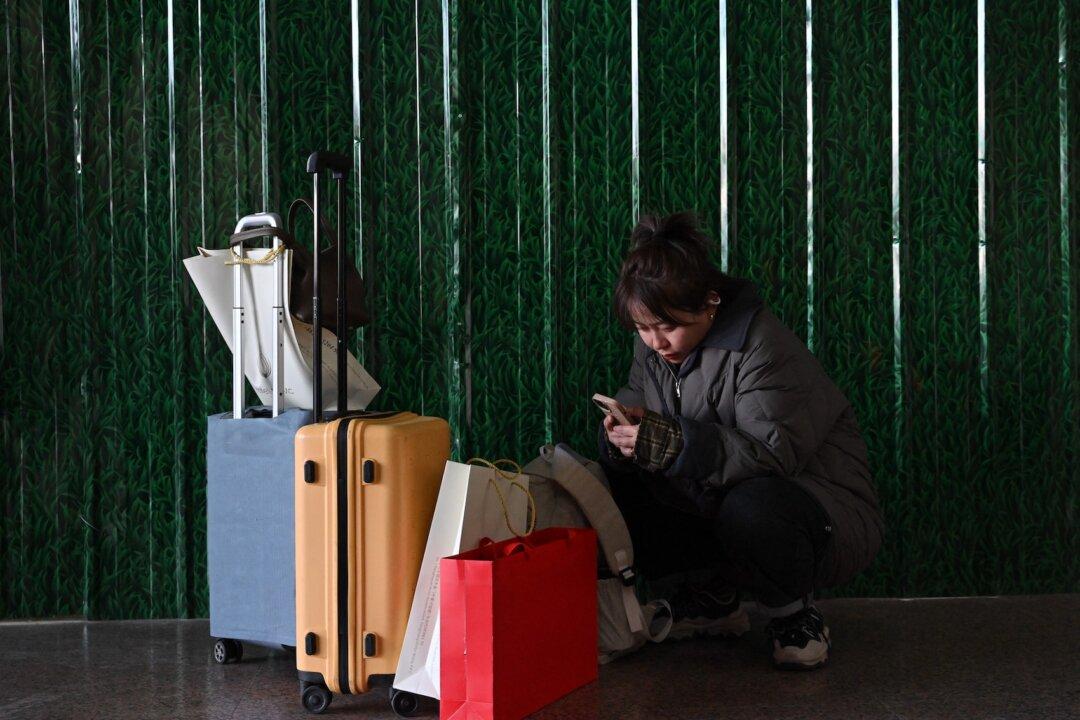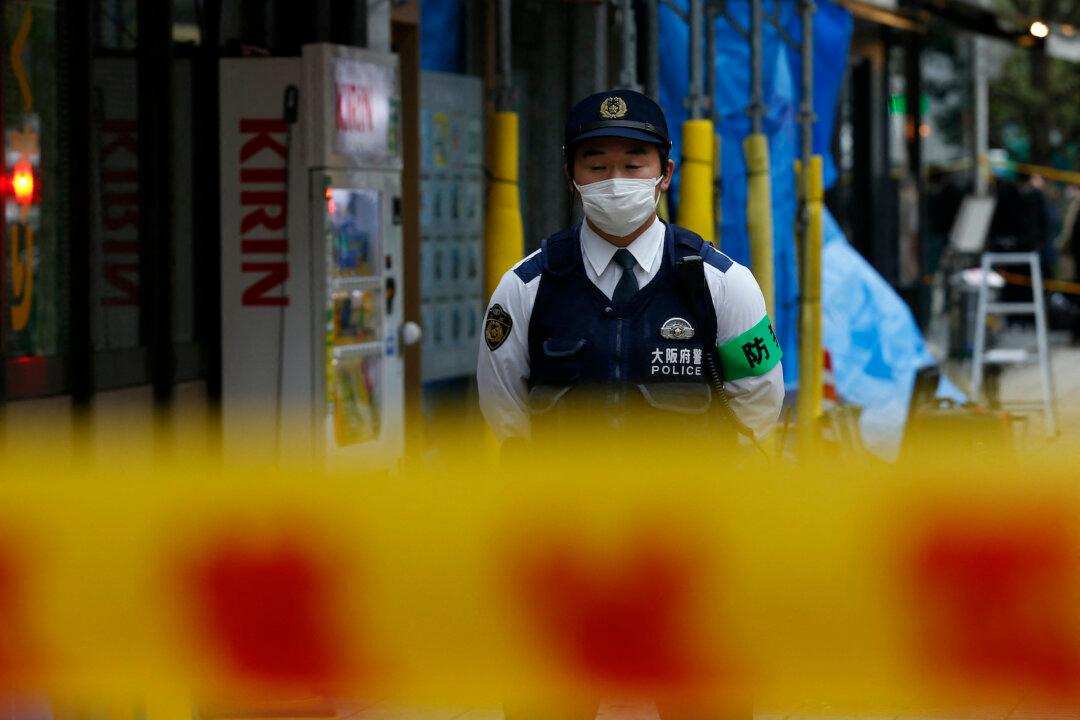China is wrestling with a spike in respiratory illness among children, promoting concerns of potential transmission in the region.
The ongoing pneumonia epidemic has led to hospitals being overwhelmed with patients and the suspension of classes in schools among megacities such as Beijing, Shanghai, Xiamen, and northeast China provinces.
